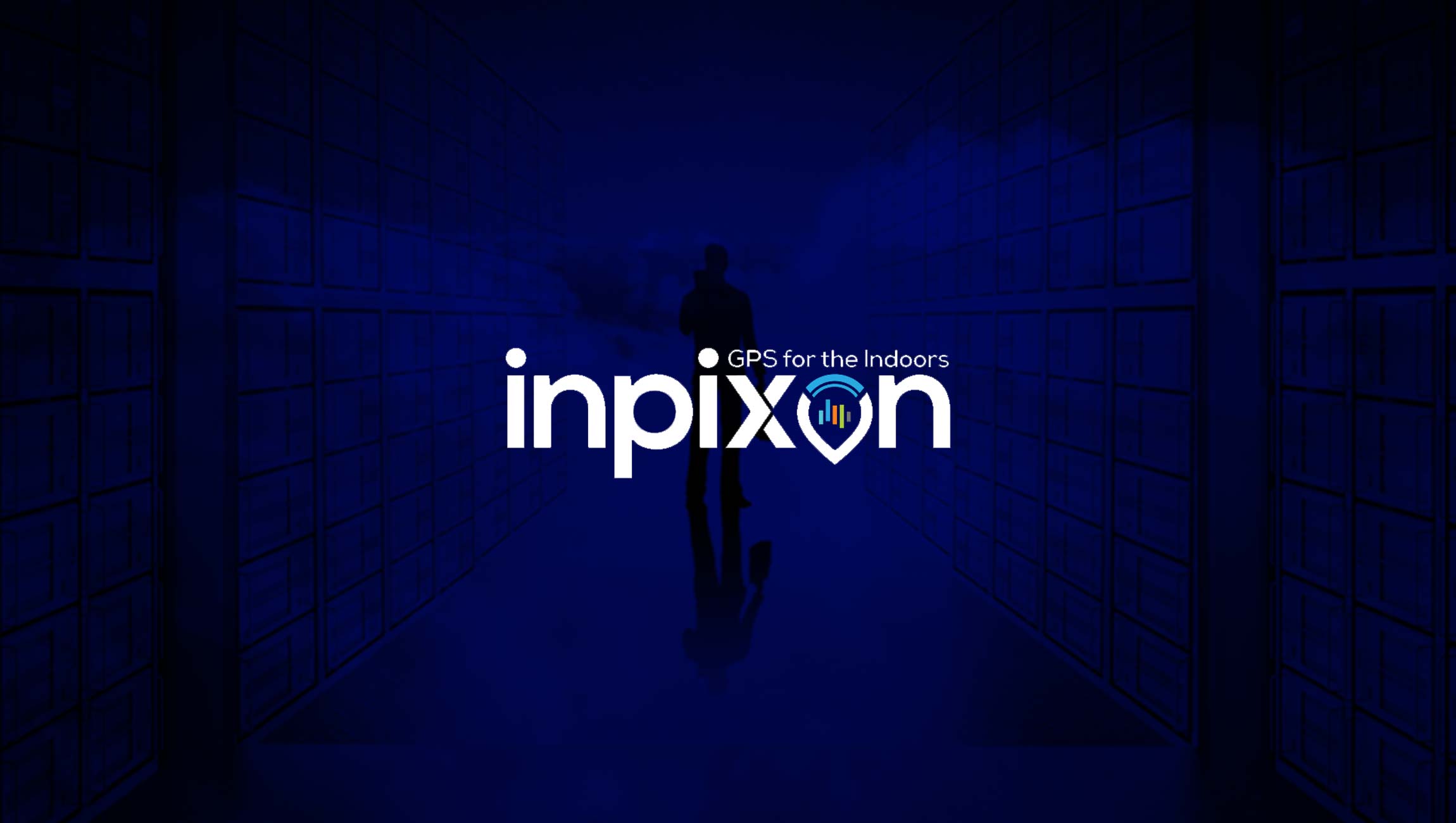With states across the U.S. still under stay-at-home orders and people spending more time online, small businesses need to think about how to efficiently manage their social media accounts. An effective strategy will increase bandwidth for other business operations
Nearly all small businesses (85%) manage their social media strategy with internal employees, according to a new survey from Clutch, a B2B ratings and reviews platform.
However, many employees are wearing multiple hats due to the current economic crisis, which leaves less capacity for social media management. One way that small businesses can address this is by having their audience curate the content for them.
Small Businesses Should Seek User-Generated Content
More than three-quarters (78%) of employees who manage social media also have additional responsibilities at their company. As business priorities shift, there is a risk of leaving social media efforts on the backburner, which is a disadvantage because audience engagement is more essential than ever.
Social media offers a cost-effective way for small businesses to reach customers they can’t engage with in-person. This is why businesses should take advantage of user-generated content.
In the wake of COVID-19, hashtags have become more important. Small businesses should create hashtags that align with their brand and encourage their audience to use them when posting content related to the business.
Hashtags and user-generated content are an effective yet affordable way to reach your audience.
Marketing Technology News: Kasisto Awarded Two Landmark Patents, Enhancing the Intelligence of KAI and the Virtual Assistants it Powers
Nearly All Small Businesses Use Facebook; Half Use Instagram
Clutch’s survey found that 91% of small businesses use Facebook, while 49% use Instagram. Businesses should think critically about which platform will best serve their needs, as each one has unique offerings that speak to different audiences in different ways.
For example, Instagram recently launched a new sticker that helps users find and support small and local businesses. People can use the sticker on their Instagram stories to help spread the word.
Businesses that already use either Facebook or Instagram will have no trouble managing the other, as the two are integrated. When posting to Instagram, the app will ask the user if they also want to post to Facebook (and vice-versa), allowing small businesses to manage two accounts in one.
Marketing Technology News: UiPath Delivers Industry’s First End-to-end Hyperautomation Platform
Small Businesses Post Images, Promotions, and Testimonials Most Often
Among the 500 small businesses surveyed, 76% use images/infographics on social media. Other popular forms of content include offers/promotions (58%) and reviews/testimonials (52%).
Just as important as the platform is the type of content. As priorities shift and people aim to be empathetic to the current global situation while producing informative and engaging content, small businesses should also give thought to the type of content that will get their message across.
Images, offers, and reviews can be created for the business by its audience. By encouraging followers to use tags — hashtags, location tags, and general tags — and making an effort to collect reviews, small businesses can easily and cost-effectively carry out their content curation efforts without breaking the bank.
Marketing Technology News: REaD Group Acquires UK Changes’ Assets











